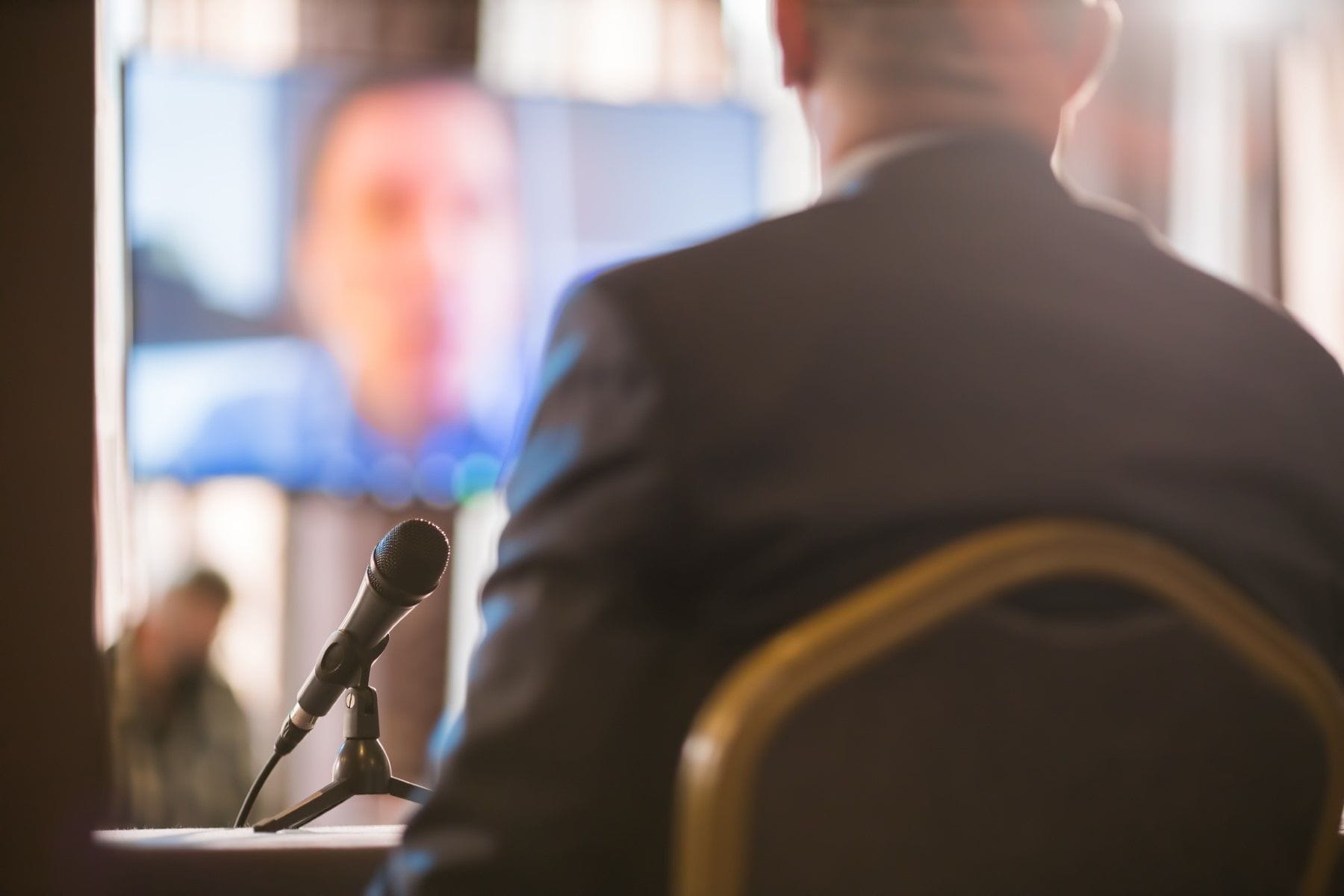Government Defends Expert in Camp Lejeune Toxic Water Case
The U.S. government rebuts claims of bias against its toxicology expert in the Camp Lejeune contamination litigation.
Updated on
The ongoing multidistrict litigation over toxic water exposure at Marine Corps Base Camp Lejeune continues to evolve as disputes arise over the admissibility of expert testimony. The U.S. government recently filed a response defending its retained expert, Dr. Julie Goodman, against claims of bias and methodological unreliability. Plaintiffs representing former service members and their families have sought to exclude Goodman’s testimony, arguing that her findings favor industry interests and lack scientific neutrality.
The government characterized those claims as “empty accusations of bias,” asserting that Goodman’s analyses meet the standards of reliability and relevance under Federal Rule of Evidence 702 and the Daubert framework governing expert testimony.
The Government’s Defense of Dr. Goodman
According to court filings, Dr. Goodman, a board-certified toxicologist and epidemiologist, conducted an extensive review of hundreds of scientific studies addressing the five “Track 1” diseases most strongly associated with Camp Lejeune contamination. The government described her reports as comprehensive and scientifically rigorous, totaling more than 1,700 pages.
Her methodology, detailed in the filings, included systematic searches of epidemiological and toxicological literature, along with assessments by federal agencies such as the U.S. Environmental Protection Agency and the National Institute for Occupational Safety and Health. The response emphasized that even one of the plaintiffs’ own experts acknowledged that Goodman’s literature review methods were appropriate for evaluating causation.
The government stated that “plaintiffs are grasping at straws” in accusing Goodman of cherry-picking data, noting that several of the studies plaintiffs claimed she omitted were, in fact, included elsewhere in her reports.
Methodological Disputes and Reliability Standards
Central to the plaintiffs’ motion is the assertion that Goodman’s review was biased and incomplete. However, the government’s brief explained that the exclusion of certain ecological studies was intentional and consistent with accepted scientific standards. Such studies, it argued, have inherent limitations in establishing proximate cause between chemical exposure and disease.
The government rejected claims that Goodman failed to account for key research, clarifying that she was not required to summarize every result from the extensive body of literature. Instead, she presented synthesized findings supported by tables and data summaries.
In addressing typographical or clerical errors identified in her reports, the government cited precedent from the Fourth Circuit’s 2015 decision in EEOC v. Freeman, asserting that minor errors do not undermine an expert’s credibility or invalidate her conclusions. It argued that Goodman’s corrections were inconsequential and that similar or more substantial mistakes appeared in the plaintiffs’ expert submissions.
Admissibility Under Rule 702 and Daubert
The dispute centers on whether Goodman’s opinions satisfy the Daubert standard, which requires expert testimony to be both scientifically valid and relevant to the issues at hand. The government emphasized that the plaintiffs’ challenge “misses the thrust” of a true Daubert inquiry, substituting personal attacks for substantive critiques of methodology.
The response further noted that Goodman’s testimony is independently developed and reflects her own opinions. In a seven-hour deposition, she stated that her findings were “my opinions and nobody else’s.” The government contended that plaintiffs had not demonstrated she merely repeated staff analyses or exceeded her area of expertise.
Allegations of Bias and Compensation
Plaintiffs’ counsel have sought to characterize Goodman as a “rented white coat,” alleging she consistently supports industry-aligned positions. The government dismissed these claims as ad hominem attacks unsupported by admissible evidence. According to the filing, Goodman has no financial stake in the outcome of the litigation and is compensated on a standard fee basis—not a contingency agreement.
Any public criticism cited by the plaintiffs, the government said, stems from “biased advocacy pieces” and does not constitute valid grounds for exclusion. Compensation alone, it argued, does not transform an expert into an advocate.
The brief underscored that Goodman’s career spans decades of scientific evaluation, including service as a peer reviewer for federal health agencies and leadership roles in professional toxicology associations. These qualifications, the government said, demonstrate her objectivity and adherence to accepted standards of scientific inquiry.
Procedural Developments and Next Steps
While opposing the motion to exclude Goodman, the government indicated it would not object to a supplemental deposition of the expert herself but urged the court to deny any request to depose her staff. It emphasized that plaintiffs had adequate opportunity during discovery to seek such testimony.
The Eastern District of North Carolina continues to oversee the consolidated Camp Lejeune cases, which allege that contaminated drinking water at the Marine Corps base caused a range of cancers and other serious illnesses. The litigation remains one of the largest environmental contamination cases in federal court, with thousands of claimants pursuing damages under the Camp Lejeune Justice Act.
The government’s response signals an effort to preserve the credibility of its expert foundation as the case advances toward key evidentiary rulings. The court’s upcoming determination on expert admissibility may significantly influence how scientific causation is presented at trial.
The Role of Expert Vetting in Strengthening Litigation Strategy
The outcome of the court’s Daubert analysis will likely shape not only the trajectory of the Camp Lejeune proceedings but also set the tone for how expert testimony is evaluated in similarly complex environmental cases. As litigation involving technical scientific evidence becomes more prevalent, tools like Expert Radar help attorneys navigate this landscape by surfacing experts with both the subject-matter depth and courtroom credibility needed to meet today’s heightened evidentiary standards.
Case Details
Case Name: In re: Camp Lejeune Water Litigation
Court Name: U.S. District Court for the Eastern District of North Carolina
Case Number: 7:23-cv-00897


